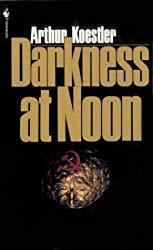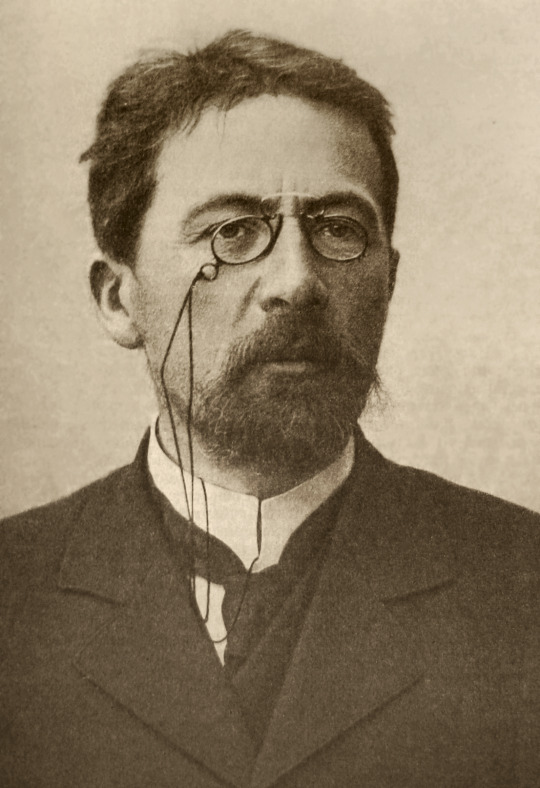
I listened to the Recorded Books version of the audiobook.
Darkness at Noon is the story of Rubashov, an old-guard revolutionary arrested by his party for crimes of sedition. During his arrest, interrogation, and what follows, he revisits the past and learns new lessons about the fruits of his life’s work and the rightness of it all.
For anyone else wondering what a pince-nez is, they are earpiece-less glasses. This had me baffled for a short while since I was listening to the audiobook.

This was a great story with beautiful language. The dialogue seemed a little stiff and formal to me, but that could’ve been due to the solemnity of the topic and situation. I got two major themes from the book:
- The nature of self
- Reason vs Emotion/Sentiment
Before and during the interrogation, Rubashov things about what it means to be selfless. Does it mean that he should hold true to his beliefs and avoid a confession or does it mean that he should do whatever he can towards the success of the party? During the interrogation, when his actions are painted in an unintended light, he wonders whether it is egoist to want that others should understand his motives. A man tells his wife that she need not clean up after him. She takes this to mean that her cleaning bothers him, and takes offesne. His intention is to save her some effort. Is it egoist for him to tell her to the reason he said it? What if the telling makes no material difference to either party?
Rubashov is an incredibly logical person. He’s used this logic to make some hard choices in life. When the book begins, he is a believer that the end justifies the means. This is an idea that is promoted by reason (or logic). Stated plainly, if you want an omellette, you have to break a few eggs. While logically true, this statement ignores the ethics of egg-breaking. A more deontological perspective, judging the rightness or wrongness of breaking eggs, might result in making an omellette out of flour perhaps (ok this is really a pancake), or eating a muffin instead.
Although there are philosophical tangents throughout the story, they are not overbearing nor longwinded. The action and dialogue is paced in such a way that I think this book would be good for a young adult.